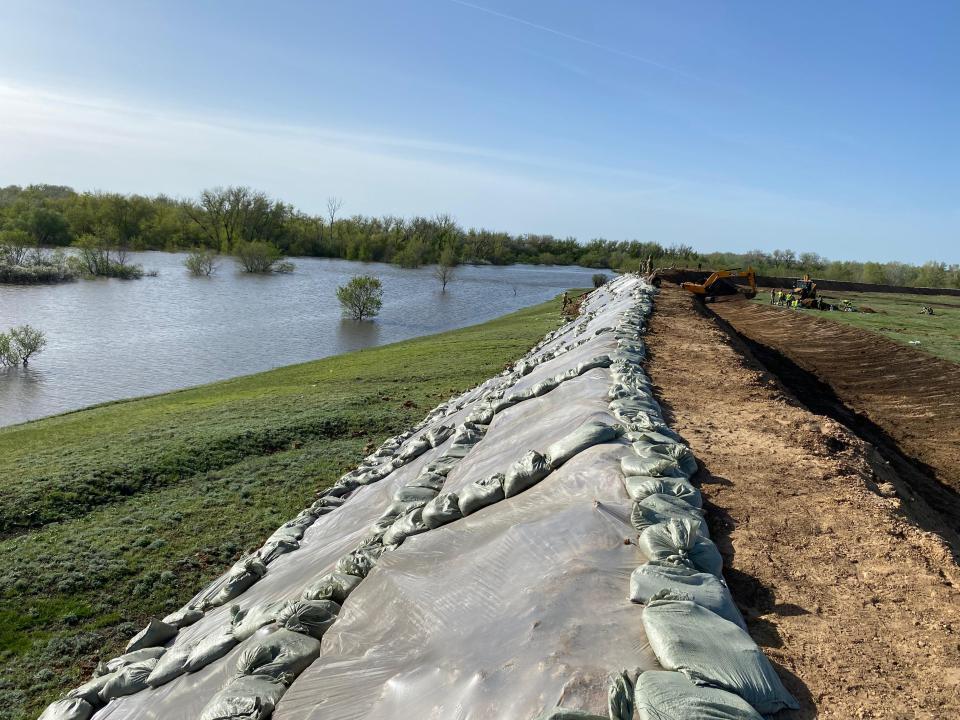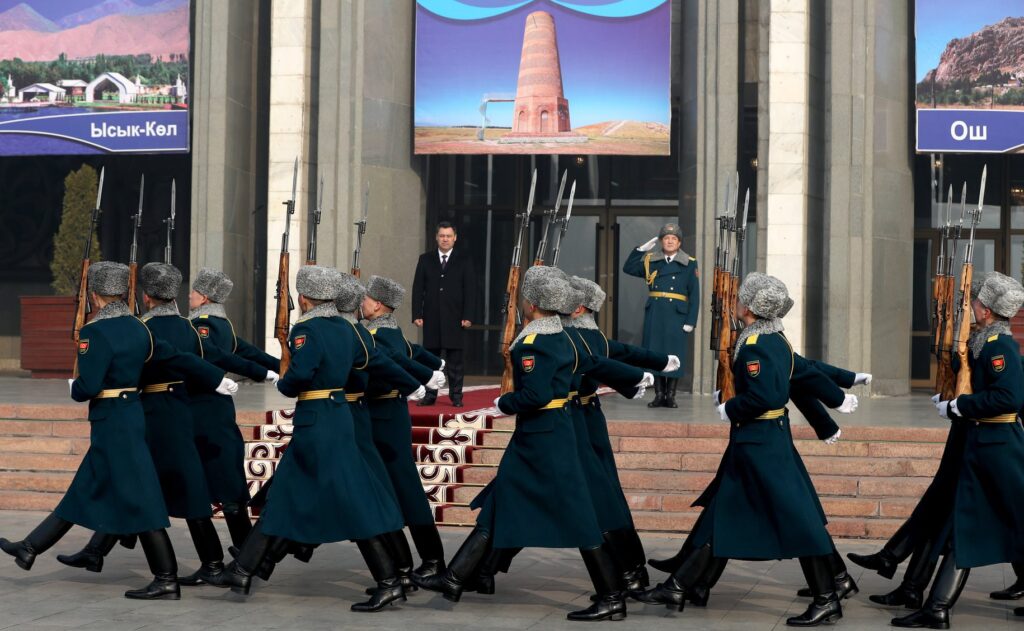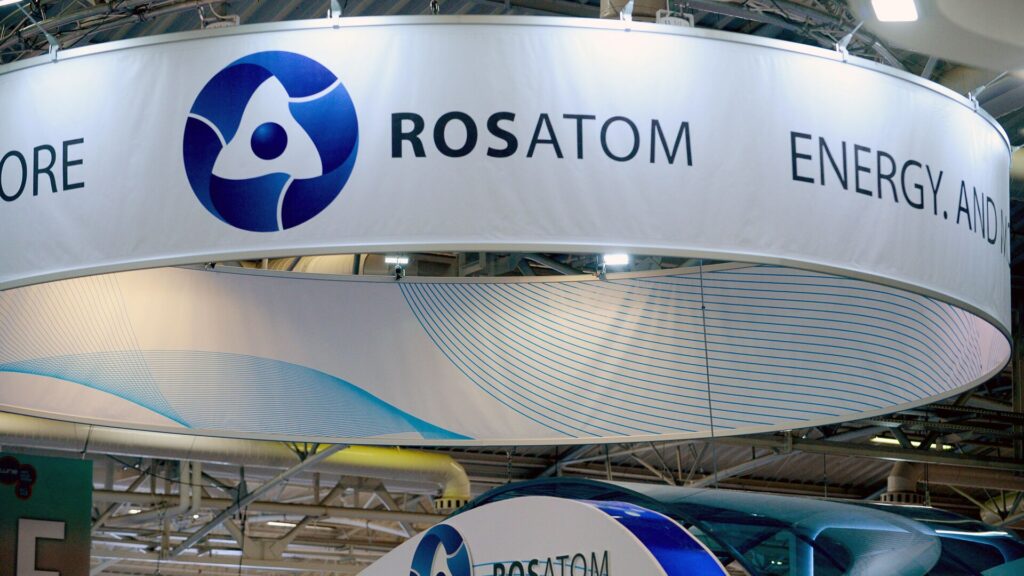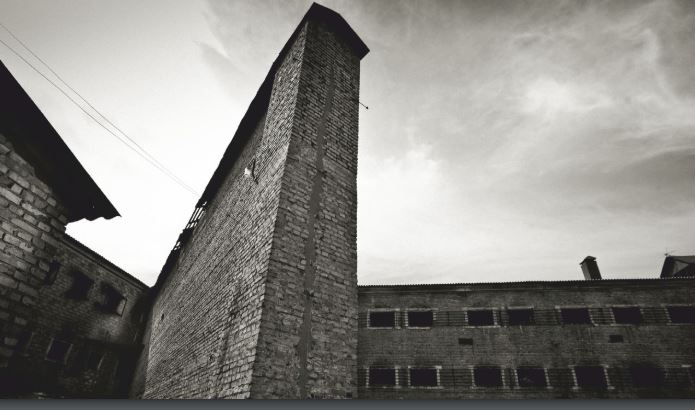Kazakhstan Repurposing Floodwater
In a strategic response to the unprecedented spring flooding this year, Kazakhstan is channeling its efforts towards harnessing the disastrous floods to its advantage. The Ministry of Water Resources and Irrigation in Kazakhstan has embarked on a program to utilize the massive floodwaters for future irrigation and environmental sustainability.
In the Atyrau region, which has faced significant flooding, the ministry’s subdivision has taken the initiative of digging 14.5 kilometers of new canals. These aim to redirect the surplus water from the Zhaiyk (Ural) River directly to the Caspian Sea, thereby mitigating the risk of damage in the city of Atyrau. This redirection not only safeguards the city, but also conserves water. According to estimates, up to a quarter of the Caspian Sea – an area the size of Portugal – could be set to disappear by the end of the century.
In the West Kazakhstan region, discharge from the Ural-Kushum irrigation system into the Kamysh-Samar lakes, which have been dry for two decades, has been reported, marking a significant step towards reviving these reserves. Meanwhile, the Tobol River has recorded high water levels for the first time since 2000. The reservoirs of the Tobol River cascade have managed the floodwaters and are now 92% full – a record in recent times.
The Astana Reservoir, meanwhile, is being filled with floodwater with the aim of securing drinking water supplies for the capital for the forthcoming year. In 2023, a shortfall necessitated additional costly water supplies to be redirected from the Satpayev Canal.
In the Akmola region, having been filled with floodwater, irrigation systems such as Alva and Kenbidike are now at full capacity. Rivers in the Tselinograd region have also been replenished, directing a substantial volume of 1.5 billion cubic meters of water towards Lake Tengiz. Furthermore, the Karaganda region’s reservoirs are now brimming, ensuring the region’s needs are covered for the next year. Water from the Kengir Reservoir in the Ulytau region has also been discharged into the Sarysa River, flowing into the Kyzylorda region’s lake system and enhancing its agricultural prospects.
The Almaty region has also benefited from an increased flow from the trans-boundary Ili River into the Kapchagay Reservoir, adding approximately 2.3 cubic kilometers of water into environmentally-threatened Lake Balkhash.








